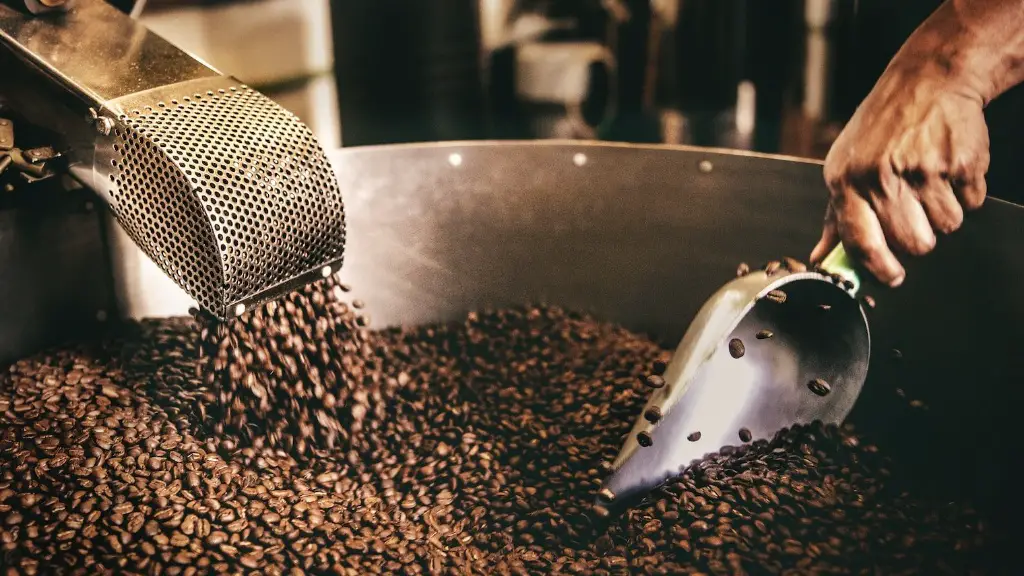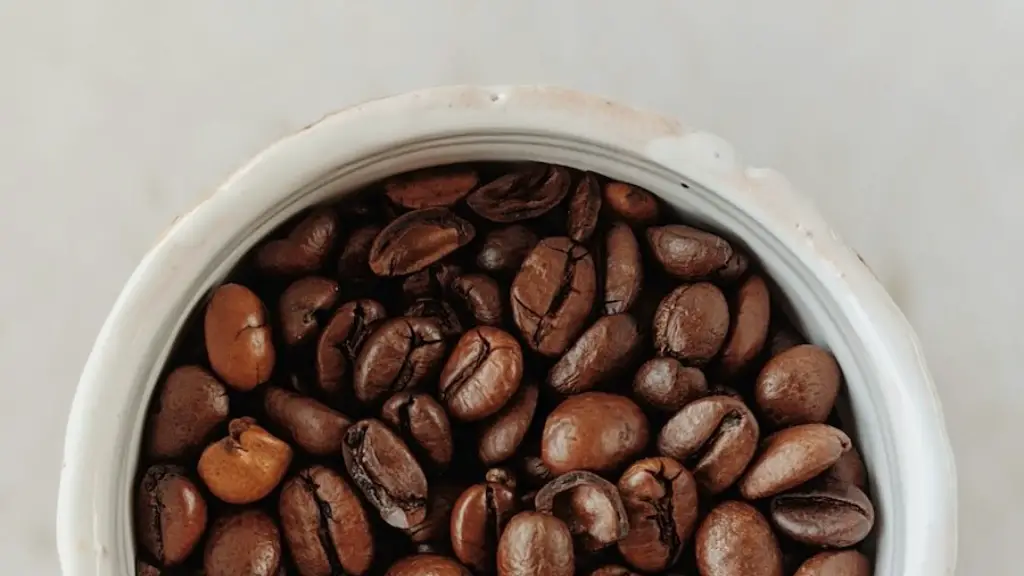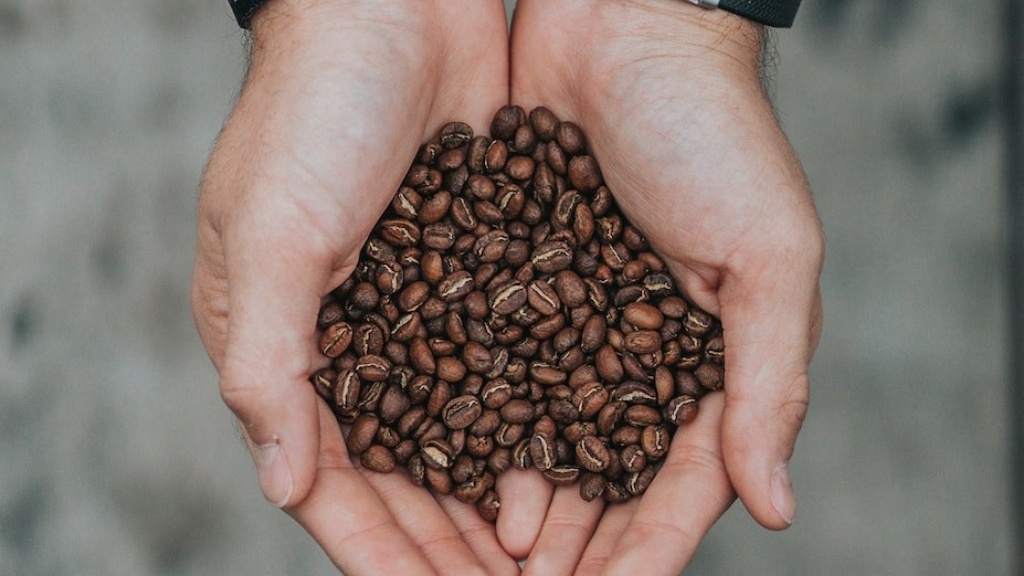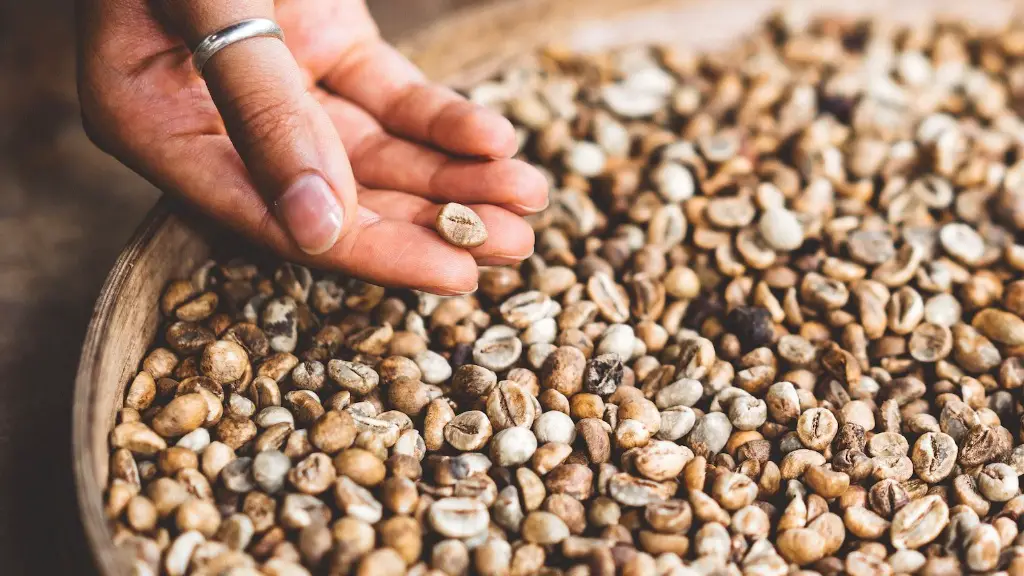When most people think about fasting for a blood test, the idea of going without food for an extended time usually comes to mind. Fasting for blood work is generally recommended for most tests, as it can help ensure accurate results. But if you’re worried about going without food for extended periods of time, you may be wondering if it’s okay to drink coffee while fasting. The answer is not a simple yes or no.
Drinking coffee while fasting can technically be allowed depending on the type of test you’re having done. Generally, if you’re having a fasting random blood sugar or fasting insulin test, caffeine should not be consumed. This is because caffeine can affect your sugar levels and can interfere with the accuracy of your test results. However, if you’re having other types of blood tests such as a fasting lipid profile or complete blood count, caffeine is usually allowed as long as you only consume a moderate amount.
One of the concerns people have when fasting for a blood test is that they may become lightheaded or dizzy due to not eating. This can be a particular concern for people with diabetes, as they are more prone to low blood sugar levels. In this case, drinking coffee is generally allowed, as it can provide an energy boost and help keep you alert. The key is to consume coffee in moderation and to be mindful of how it makes you feel. If coffee makes you feel lightheaded or unwell, you should stop drinking it and consult with your doctor.
Many experts suggest that other beverages such as tea, sparkling water and plain water are better options while fasting for blood tests. This is because these beverages don’t contain caffeine or other substances that could affect your test results. Furthermore, these beverages can help keep you hydrated, which is particularly important if you’re fasting for an extended period of time. However, if you prefer coffee and don’t have any medical concerns, it is probably okay to drink it in moderation.
In summary, it is important to keep in mind that the effects of caffeine can vary from person to person and it’s important to listen to your body and consult with your doctor before fasting for any type of blood test. Some tests require complete fasting or abstaining from all liquids, whereas other tests may allow for moderate caffeine consumption.
When you’re Counselled to Fast Before a Blood Test
When advised to fast before a blood test, the primary reason may be to make sure the test result is accurate. Fasting prevents intake of substances, including food, substances or medications and calorie-containing beverages prior to your blood test that may influence results or obscure what the doctor is searching for in the evaluation.
The length of time a patient may have to fast to prepare for a blood test depends on the type of test being performed. Some tests may not require any fasting; for instance, blood taken for a CBC, blood culture or bacterial antigen tests are done without fasting.
In most cases, fasting for a physician-ordered test is not necessary if you’re having a glucose, calcium, or electrolyte tests. Fasting for these tests is not necessary because they aren’t primarily affected by food or fluid intake. On the other hand, fasting for cholesterol and triglyceride tests is recommended.
The length of time needed for fasting before blood testing varies. It is a great deal longer for tests involving triglycerides, cholesterol and LDL/HDL particles; for these tests, you have to fast for at least 9 to 12 hours. Fasting for less than this time may produce inaccurate results.
It’s advisable to drink plain water if you’re having a triglyceride test or a cholesterol test and caffeine is generally discouraged. If plain water is not available, other calorie-free beverages like tea and black coffee are allowed.
Are There Any Other Restrictions When Fasting for a Blood Test?
In general, patients should avoid eating any kind of food prior to the test. A physician or laboratory specialist may advise not to drink or eat anything other than plain water 8 to 12 hours before the test. Some medicines may also need to be suspended prior to the test.
To guarantee accurate test results, patients should consult their doctors prior to fasting or taking medications. There are some medications and supplements that don’t affect the results of certain tests. Your doctor or the laboratory specialist can provide more information about restrictions, if any, to follow before the blood test.
Patients of any age can take water and other calorie-free beverages without affecting the test results. If a young child or an infant needs a blood test, offer them a bottle or breastfeed them either before the blood test or after it.
If you’re having more than one blood test, the physician may advise separate fasting intervals between the tests. Ensure that you check the recommended fasting time for specific tests with your healthcare provider before the tests.
Fasting Guidelines During Pregnancy
It’s necessary to follow all pre-test fasting instructions while pregnant. Make sure you disclose to the technician or your doctor that you’re pregnant. Typically, pregnant women need not fast unless they’re having a blood glucose test.
For pregnant women and women trying to conceive, it’s particularly important to pay attention to fasting times if they’re doing tests that measure hCG, luteinizing hormone, or progesterone. Fasting for these tests is usually not required.
Your healthcare provider will suggest what’s the best test preparation based on your individual circumstances. These days, many tests can be done while you’ve been eating. If you’re having a cholesterol test, your doctor may recommend that you stop taking certain medications before the test.
When to Consult A Physician?
If you’re feeling weak, lightheaded or nauseated after fasting before the test, it is wise to stop and consult your doctor. Your doctor may advise you to drink a glass of juice before continuing, if needed. If you have diabetes and need to fast for a longer period of time for your test, monitoring blood sugar levels will help ensure that no medical emergency takes place.
It is always best to discuss any doubts or questions you have about a blood test with your doctor, including questions about fasting, medications or supplements that may interfere with the results. The doctor may provide additional diet or fasting instructions depending on your medical needs.
Adhering to a doctor’s advise regarding diet and fasting is important, as ensuring accurate test results helps achieve better healthcare outcomes. If any information mentioned in this article is unclear, consult your doctor.





